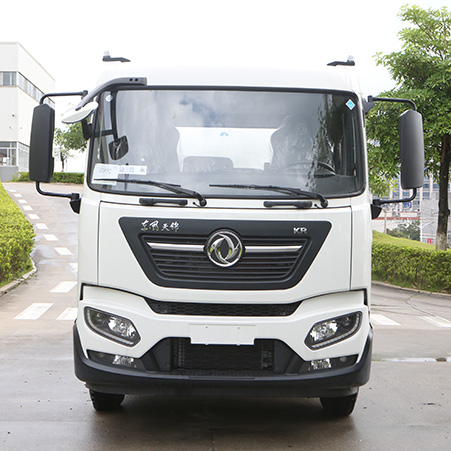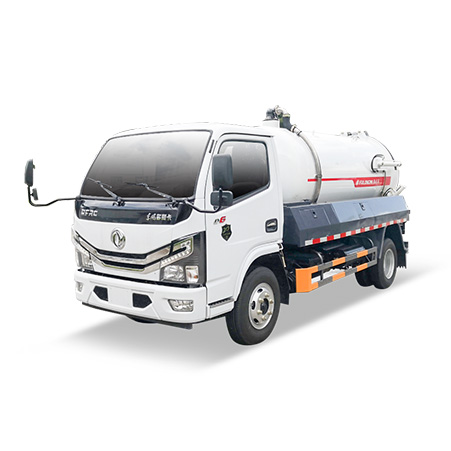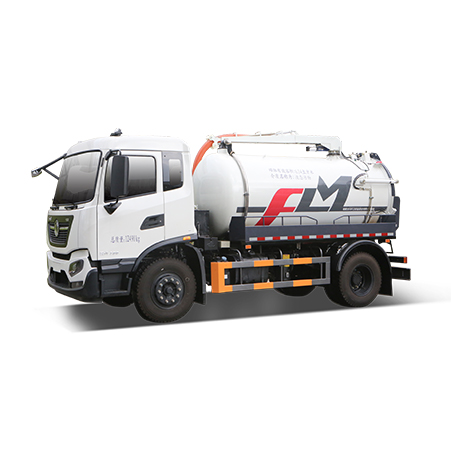Did you know that each year, urban areas generate millions of tons of sewage, contributing to pollution and health hazards? In the battle for urban cleanliness, sewage management plays a pivotal role, and at the forefront of this battle are sewage trucks. These mammoth machines are the unsung heroes of sanitation, ensuring that our communities remain clean and healthy.
What is a Sewage Truck?
Imagine a giant, rumbling vehicle equipped with specialized machinery designed to tackle the messiest of tasks. That’s a sewage truck! These behemoths are specifically engineered to collect, transport, and dispose of sewage and wastewater from various sources, including sewers, septic tanks, and industrial facilities.

Components and Functionality of a Sewage Truck
At the heart of every sewage truck lies a robust tank capable of holding large volumes of sewage. But it’s not just about storage, sewage trucks are equipped with powerful vacuum pumps, hoses, and control mechanisms. The vacuum pump creates negative pressure, sucking sewage into the tank through the hoses. Once loaded, the truck transports the sewage to treatment plants or disposal sites for proper management.
Types of Sewage Trucks
There’s no one-size-fits-all when it comes to sewage trucks. From vacuum trucks to combination trucks and jetting trucks, each type serves a unique purpose. Vacuum trucks excel at suctioning liquid waste, while combination trucks can handle both liquid and solid waste. Jetting trucks, on the other hand, use high-pressure water jets to clean pipes and clear blockages.
The Working Principle
Ever wondered how sewage trucks suck up sewage with such efficiency? It’s all about the principle of vacuum suction. As the vacuum pump creates negative pressure inside the tank, atmospheric pressure forces sewage into the tank through the suction hose. It’s like a powerful vacuum cleaner for liquid waste!

Applications and Uses
Sewage trucks are the unsung heroes of sanitation, tackling a wide range of tasks to keep our communities clean.
- Septic tank maintenance
- Sewer cleaning
- Hazardous waste removal
- Industrial clean-ups
Advantages of Using Sewage Trucks
The benefits of sewage trucks extend far beyond mere waste management. These vehicles are instrumental in preventing the spread of diseases, reducing pollution, and protecting the environment. By efficiently collecting and transporting sewage, sewage trucks contribute to the overall well-being of communities and ecosystems.
Conclusion
In the grand scheme of urban cleanliness, sewage trucks are the unsung heroes that deserve our appreciation. From their powerful vacuum pumps to their indispensable role in sewage management, these mammoth machines play a vital role in maintaining clean and healthy communities.
FAQs
How often should sewage tanks be emptied?
It depends on factors such as tank size, usage, and local regulations. Generally, residential tanks may need pumping every 3-5 years, while commercial or industrial tanks may require more frequent maintenance.
Can sewage trucks handle solid waste?
Yes, some sewage trucks, such as combination trucks, are equipped to handle both liquid and solid waste. They use specialized mechanisms to suction and transport solid materials effectively.
Are sewage trucks environmentally friendly?
While sewage trucks play a crucial role in waste management, their environmental impact depends on factors such as fuel efficiency, emissions, and proper waste disposal practices. Advances in technology aim to make sewage trucks more eco-friendly.
How do sewage trucks prevent spills or leaks?
Sewage trucks undergo regular maintenance and inspections to ensure all components are functioning correctly. Additionally, operators follow strict protocols to minimize the risk of spills or leaks during operation.
Can sewage trucks operate in extreme weather conditions?
Yes, sewage trucks are designed to operate in various weather conditions, including rain, snow, and heat. However, extreme conditions may require additional precautions or adjustments to ensure safe and efficient operation.






